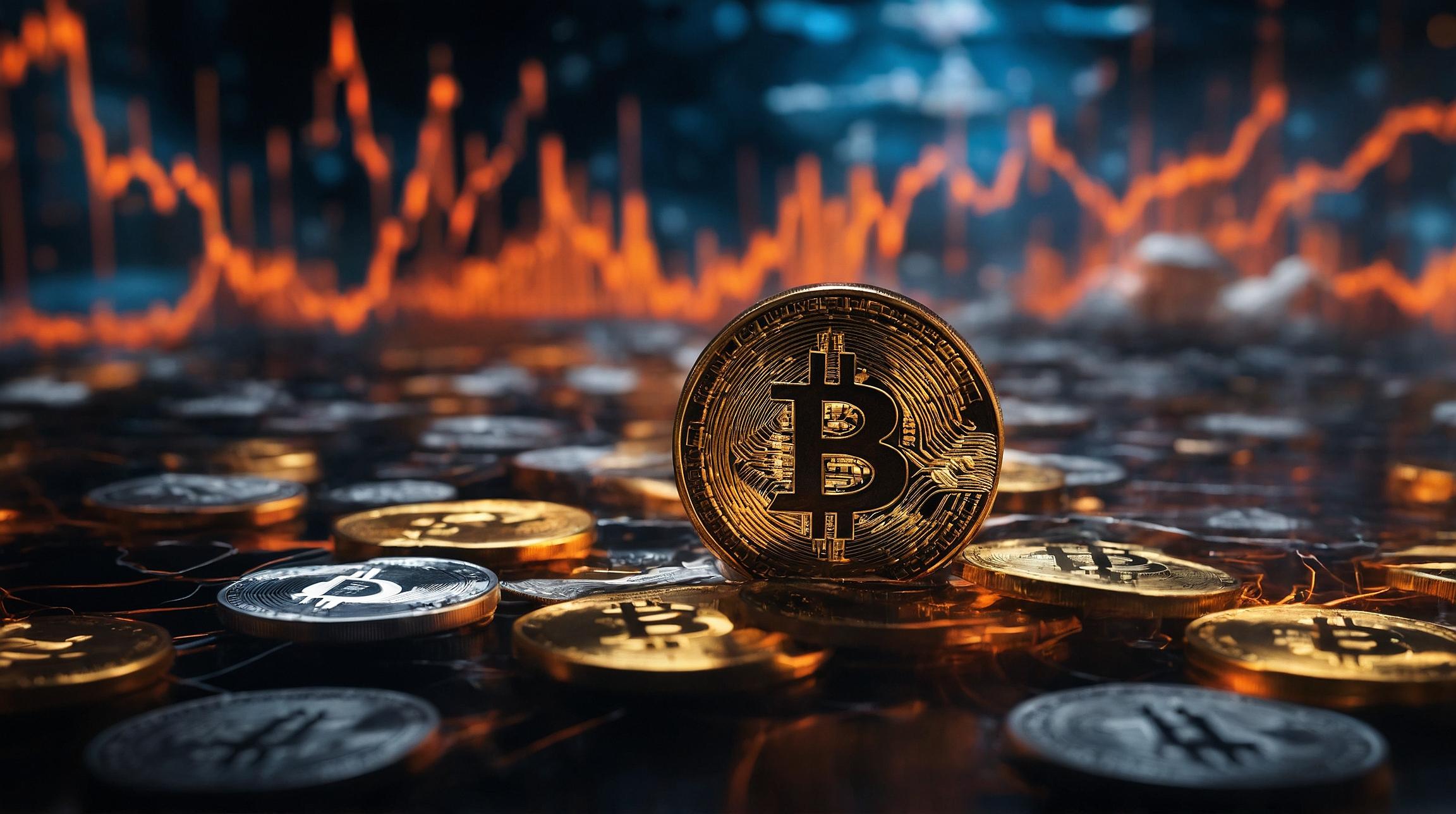Stocks in Hong Kong entered a bear market on Friday, with the Hang Seng Index plunging 21 percent from its high earlier this year. The global market grew increasingly concerned about the deteriorating condition of China’s real estate sector and its potential impact on the overall economy. As China’s economy faces weakening growth and amidst the aftermath of three years of Covid restrictions, foreign investment has declined, consumer spending has decreased, and the housing market is in turmoil. The bear market in Hong Kong reflects investors’ serious pessimism towards the economy, and this sentiment is further amplified by worries about inflation and high interest rates in Europe and the United States.
The Hang Seng Index plunges 21% as stocks in Hong Kong enter bear market
Stocks in Hong Kong experienced a significant drop, pushing the Hang Seng Index down 21 percent from its peak earlier this year. This decline signifies that the market has entered a bear market, which is typically viewed by investors as a sign of serious pessimism. The Hang Seng fell just over 2 percent on Friday and roughly 6 percent for the week. With the index down more than 10 percent this month, it paints a bleak picture for investors.
China’s real estate sector sparks concerns of economic contagion
The deteriorating condition of China’s real estate sector has sparked concerns among investors that it could lead to contagion in the broader economy. As China’s economy confronts weakening growth, the state of its real estate market has become a cause for worry. With foreign investment declining, consumer spending decreasing, and the housing market in turmoil, the potential impact on the overall economy is a cause for concern.
Weakening growth and Covid restrictions weigh on China’s economy
China’s economy is currently grappling with weakening growth, a consequence of both domestic and global factors. After enduring three years of strict Covid restrictions, China has faced a decline in foreign investment and a decrease in consumer spending. Additionally, the housing market has been hit hard, further exacerbating the economic challenges. These factors have contributed to the overall pessimism surrounding China’s economy and have played a role in the bear market conditions in Hong Kong.
Global investors worry over China’s weakening economy and high interest rates
The effects of China’s weakening economy have raised concerns among global investors. In addition to worries about China, investors are also grappling with inflation and high interest rates in Europe and the United States. The combination of these factors has led to cautious sentiment in the global market. On Friday, European stocks mostly fell, and the S&P 500 remained flat. The ongoing decline of the U.S. benchmark index indicates a third consecutive weekly decline, highlighting the apprehension among investors.
European stocks fall, US benchmark index sees third consecutive decline
Continuing the trend of cautious sentiment in the global market, European stocks mostly fell on Friday. The concerns over China’s weakening economy, coupled with worries about inflation and high interest rates, have contributed to this decline. Meanwhile, the S&P 500, the benchmark index for the United States, is on track to record its third consecutive weekly decline. This further indicates the prevailing pessimism among global investors and underscores the challenges faced by the global market.
The bear market in Hong Kong reflects investors’ serious pessimism towards China’s economy amidst concerns about the deteriorating real estate sector. Weakening growth, Covid restrictions, and turmoil in the housing market have all taken their toll on China’s economy. With worries also focusing on inflation and high interest rates in Europe and the United States, global investors are growing increasingly cautious. The decline of European stocks and the ongoing decline of the U.S. benchmark index underscore this sentiment. The situation calls for close monitoring of China’s economy and its potential impact on the broader global market.
Analyst comment
Neutral news.
As an analyst, in the short term, the market in Hong Kong is expected to face further downward pressure due to investors’ serious pessimism towards China’s economy. The deteriorating condition of the real estate sector and concerns about inflation and high interest rates in Europe and the United States will contribute to cautious sentiment. Close monitoring of China’s economy and its impact on the global market is advised.













